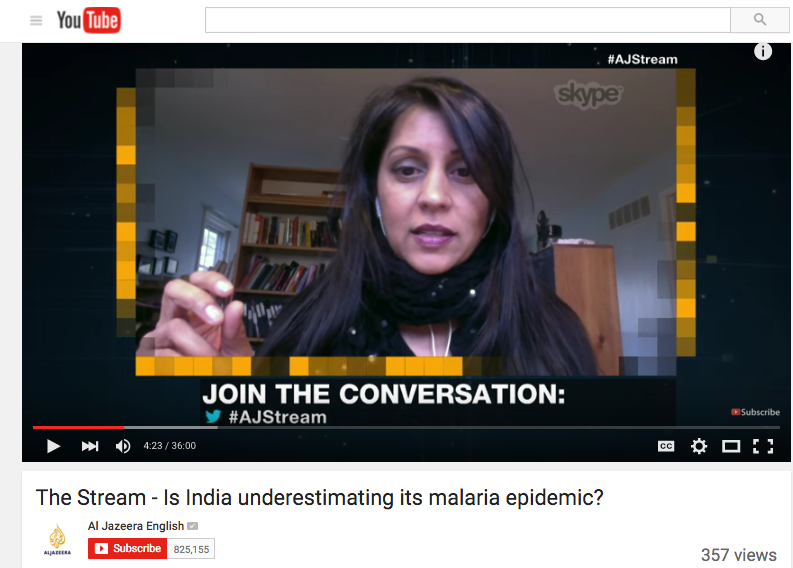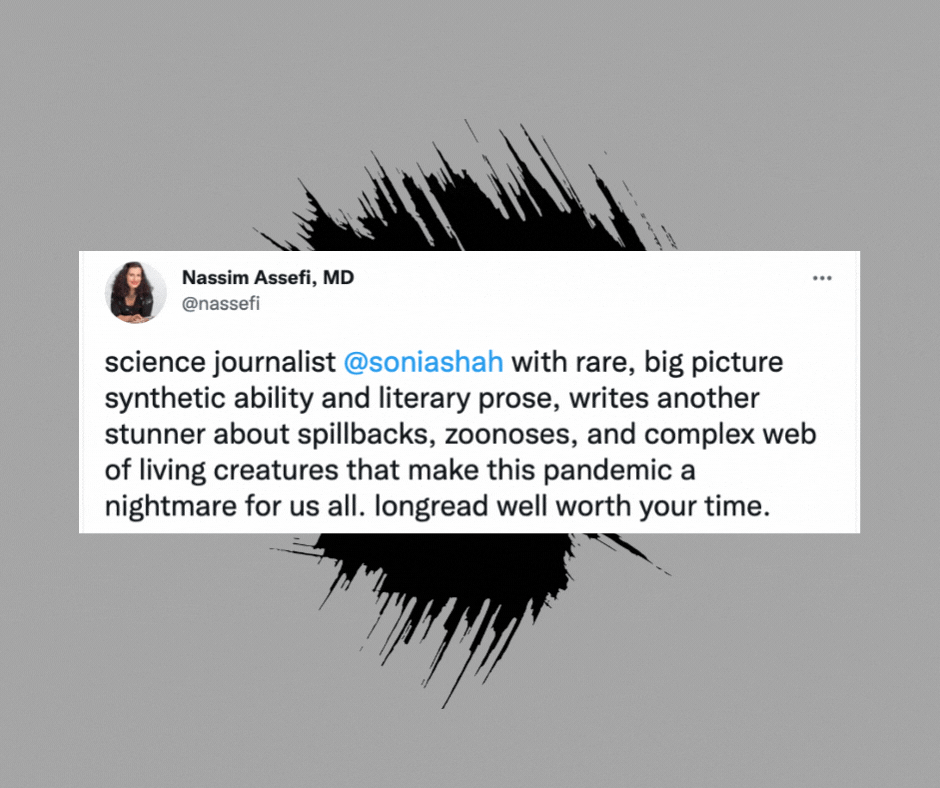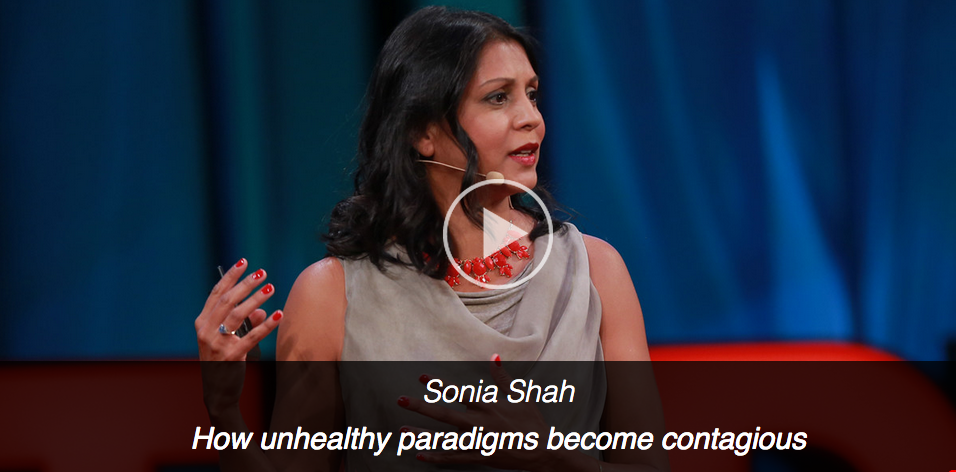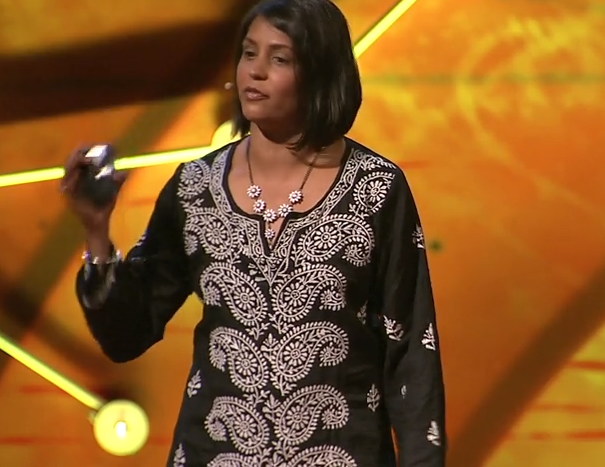Al Jazeera published a fascinating in-depth story on India’s malaria epidemic–and its chronic underreporting–and invited a few people to talk about the story with one of the reporters, Ankita Rao, on its show “The Stream.” I Skyped in. Video of the show is below, as is the Twitter conversation that followed.
"I couldn't get any biologist to tell me who would suffer if mosquitoes were completely eradicated", says @soniashah. Should we try to?
— The Stream (@AJStream) January 18, 2016
#malaria mosquitoes are different in different regions, you need "local adaptation" in combating approaches, says Dr. Oommen.
— The Stream (@AJStream) January 18, 2016
"mosquito nets & spray inside the house have the largest impact" on #malaria prevention, says Ankita @anrao on The Stream.
— The Stream (@AJStream) January 18, 2016
@AJStream ever since I started sleeping inside the mosquito treated net, I've not suffered any malaria attack again. Net is the best
— ugwu chiamaka gloria (@ngangelluv5) January 18, 2016
@AJStream WHO keep failing to defeat malaria so what is their next way of fighting it
— Kichime . G. Gongur (@GolitGongur) January 18, 2016
Unlike HIV initiatives, there is "absolute lack of involvement" from ppl affected by #malaria in policymaking towards it, says Dr. Oommen.
— The Stream (@AJStream) January 18, 2016
Poor people more likely to get #malaria, but malaria also makes people poor, "it becomes a cycle", says @soniashah on The Stream.
— The Stream (@AJStream) January 18, 2016
"The people who need the information don't have it, the people who have the information don't get #malaria" — Dr. Johnny Oommen.
— The Stream (@AJStream) January 18, 2016
Malaria triggers other complications, & death is often attributed to these complications instead of malaria, says Dr. Jain @jssbilaspur.
— The Stream (@AJStream) January 18, 2016
@AJStream the problem with malaria in third world countries. Are numerous lack of data is a major confounding factor
— Juggernaut MD. (@abassajayi) January 18, 2016
@AJStream the problem with malaria in third world countries. Are numerous lack of data is a major confounding factor
— Juggernaut MD. (@abassajayi) January 18, 2016
@AJStream Malaria in Nigeria is now as common as a common cold. With resistant anti malaria drugs it now a single most killer. @MMbilal
— Ibrahim Tudu (@ZamfaraNewMedia) January 18, 2016
In certain regions, "small children can have several episodes of #malaria before they're 2 or 3 years old", says @soniashah.
— The Stream (@AJStream) January 18, 2016
@AJStream poor Malaria data leads to poor planning and poor planning means poor intervention which is very dangerous especially in Africa
— RASHEED OLANREWAJU (@RASHEEDOLANREW1) January 18, 2016
@AJStream drug resistance is threaten to rollback the success in the war against malaria, hopes are high in the strive for vaccine #ajstream
— Nafiu T. S (@nafeezi) January 18, 2016
But the important thing is that these obscure disputes occurring in Delhi boardrooms have huge humanitarian consequences @AJStream @mmbilal
— Vivek Nemana (@vnemana) January 18, 2016
So in our story, we wrote about problems with procurement, an arcane subject that has consequences for real, human lives @AJStream @mmbilal
— Vivek Nemana (@vnemana) January 18, 2016













